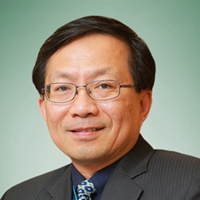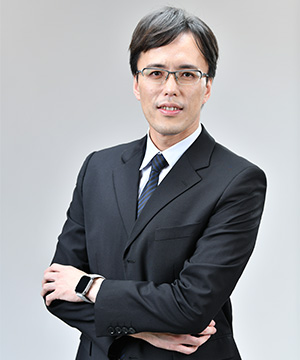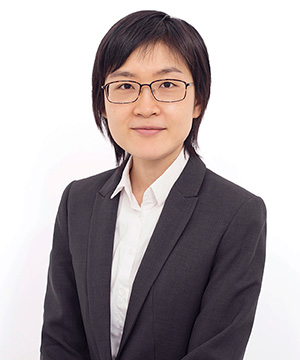Special Article Part 3
Outlook to Leverage Taiwan’s Semiconductor for Sustainability
The call for green transformation in Taiwan, driven by the urgency of addressing climate change, has become a new paradigm for establishing industry or corporate competitiveness. Not only has the National Development Council (NDC) published Taiwan’s Pathway to Net-Zero Emissions in 2050, providing actions to achieve 2050 Net-Zero Emissions, but the National Science and Technology Council (NSTC) has also developed the 5-year Chip-based Taiwan Industrial Innovation Program in 2023 to solidify Taiwan’s international competitive advantage in semiconductors. This program aims to leverage Taiwan’s strengths in semiconductor manufacturing and packaging, extending them to the front-end IC design, thereby establishing Taiwan as an international hub for IC design.
Key elements of the program focus on using IC design as an engine for international innovation, with a commitment to:
- establishing a global IC design training and innovation hub in Taiwan
- utilizing Gen AI to drive industrial innovation
- strengthening the foundational environment to attract global talent
- accelerating innovation in industrial technologies, and
- attracting international startups and investments to Taiwan.
The program’s goal is to enable industrial innovation across various application sectors, including smart agriculture, smart homes, and autonomous vehicles, all highly related to enhancing sustainability.
While Taiwan has built the semiconductor industry as the foundation rock with more than 50 years of development, the semiconductor sector continues to position Taiwan as a global key partner. Therefore, it is crucial for Taiwan to help drive global carbon reduction by enhancing industrial value and improving energy efficiency through the empowerment of new semiconductor technologies and smart applications. Taiwan can effectively assist the world in moving towards the goal of net-zero sustainability in three major directions:
- Resource Efficiency: Having the control over scarce resource inputs, such as water and electricity, is essential for maintaining a competitive advantage in the semiconductor industry. Ensuring superior resource efficiency indicators is crucial for sustaining Taiwan's position.
- Green Energy Investments: Evaluating the feasibility of diverse green energy investments includes assessing long-term contracts for group purchase of green energy, self-construction, and self-generation of green energy.
- Global Contribution to Sustainable Development: Grasping worldwide trends in AI and global manufacturing supply chains represents a golden opportunity for Taiwan in the next stage to contribute to global goals related to sustainable development. In the post-pandemic era, Taiwan could become an indispensable key partner in the global resilient industry ecochains, accelerating digital and sustainable twin transformation and leveraging diverse applications and services in technology, humanities, and innovation. The vision is encapsulated in the concept of “Smart Taiwan Value” to assist the world in envisioning a better future.
In conclusion, Taiwan’s semiconductor industry, with its influential role in energy-saving initiatives, is poised to be a key global leader in resilient industry ecochains, demonstrating a commitment to a sustainable future through collaboration with global partners.
About the Authors

Stephen Su is the Senior Vice President of ITRI and the General Director of ITRI’s Office of AI Application Strategy, while also serving as the esteemed RIN Chair for EARTO. After joining ITRI, he served as the head of ISTI, overseeing industry market research, technology scouting, and global technology collaboration. He received his Bachelor’s degree in Electrical Engineering and Computer Science from the University of California, Berkeley, alongside dual Master’s degrees – an MBA from the Kellogg School of Management at Northwestern University, and another in Electrical Engineering from the California Institute of Technology (Caltech).

Chun-Hao Yueh is the Division Director within the Mechanical and System Research Division at ITRI, where he spearheads initiatives to advance smart manufacturing, machine tools, next-generation vehicles, and associated consulting services. He received his Ph.D. degree from National Taipei University and was a visiting scholar at IDE-JETRO in Japan.

Dr. Chia-Ying Chen is currently a researcher at the Industry, Science and Technology International Strategy Center (ISTI) at ITRI. Her research portfolio spans a diverse range of areas including statistical modeling and econometric analysis, industry analysis and market research, as well as energy efficiency and ESG considerations. She earned her M.A. in Economics from the University of Michigan and her Ph.D. from Tsinghua University in Beijing.